Search Results: journalists
There are more than 200 results, only the first 200 are displayed here.
-
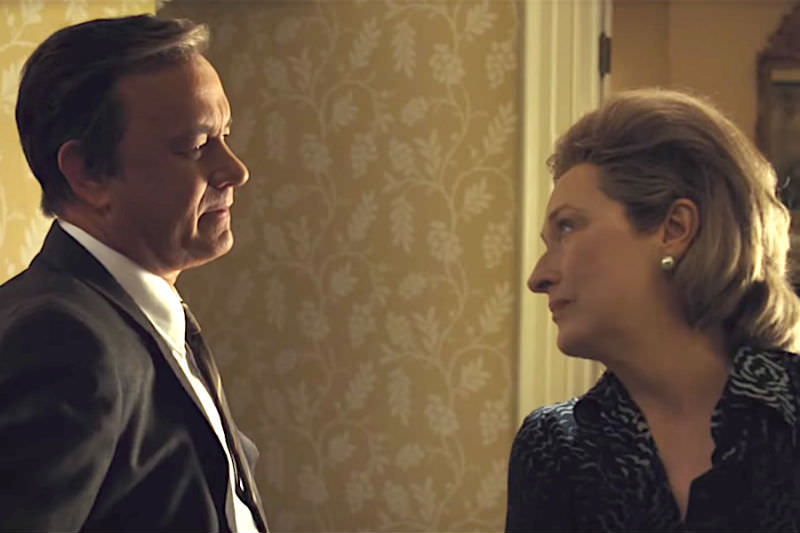
ARTS AND CULTURE
- Tim Kroenert
- 17 January 2018
1 Comment
As America endures one of the most authoritarian and chaotic presidencies in its history, Richard Nixon has, for obvious reasons, been a recurring touchstone for many commentators. Given the clear comparisons, it's no surprise Steven Spielberg pulled out all the stops to bring The Post to the public ASAP.
READ MORE 
-

INTERNATIONAL
- Fatima Measham
- 11 January 2018
Instead of refining his initial remarks about a Nazi rally in Charlottesville, which brutally claimed the life of a counter-protester, Donald Trump has doubled down. At a heated news conference in New York, he demanded that journalists define 'alt-right', invoked the idea of an 'alt-left', and lay blame on 'both sides'.
READ MORE 
-
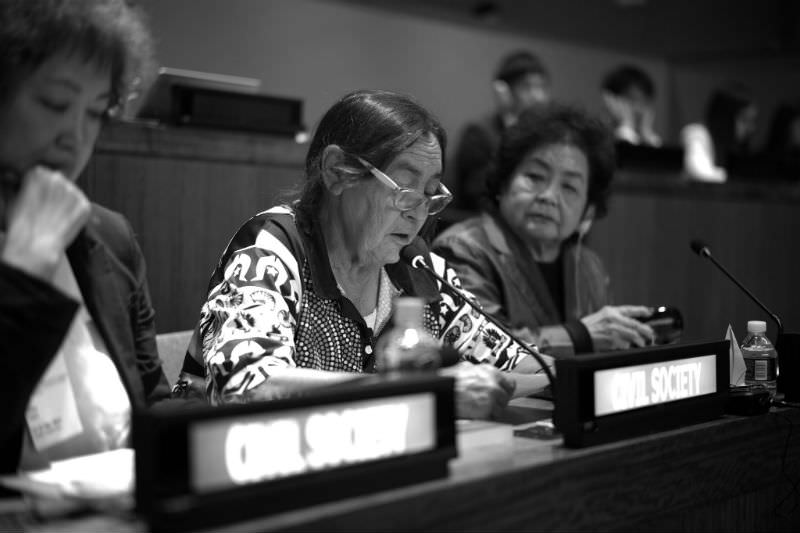
ENVIRONMENT
- Michele Madigan
- 16 October 2017
23 Comments
One of the naysayers following ICAN's receipt of the 2017 Nobel Peace Prize was Australian journalist Andrew Bolt. What was most shameful was his insulting of one of Australia's own nuclear survivors, the late Yankunytjatjara Elder and anti-nuclear advocate Yami Lester.
READ MORE 
-
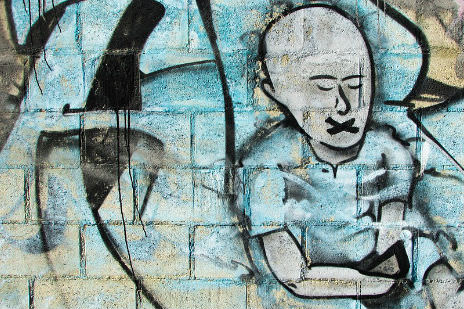
MEDIA
- Ruby Hamad
- 21 September 2017
15 Comments
In a liberal democracy, the media's most essential function is to serve the public interest. This includes providing information so that the public can make informed decisions. In order to do so, journalists must decide what is in the public interest and why. 'Balanced' coverage of, for example, damaging aspects of the marriage equality No campaign does not fit these criteria.
READ MORE 
-
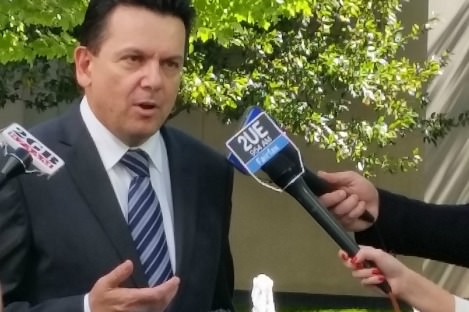
MEDIA
- Andrew Dodd
- 19 September 2017
5 Comments
The big media players eventually get what they want by wearing down the government of the day and latching on to whatever opportunity comes their way. This month the government handed them the reform they've long craved while Xenophon attempted to win some concessions. We can assume Australia's media market will now become more concentrated. What we don't know is whether Xenophon's trade offs will do enough to protect public interest journalism and media diversity.
READ MORE 
-
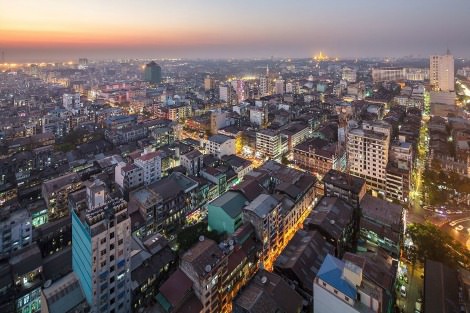
INTERNATIONAL
- Peta Fresco
- 19 September 2017
2 Comments
Much has been reported on the plight of the Rohingya in Rakhine state in Myanmar's west, where violence has seen more than 400,000 Rohingya Muslims cross into Bangladesh. Elsewhere in the country, local villagers continue to suffer the effects of a four cuts strategy, and are targeted if they are suspected of helping ethnic armies. In the country's north, aid has been slow to reach 20,000 Kachin villagers living in former gambling dens and warehouses along the China border.
READ MORE 
-

INTERNATIONAL
- Fatima Measham
- 17 August 2017
15 Comments
Instead of refining his initial remarks about a Nazi rally in Charlottesville, which brutally claimed the life of a counter-protester, Donald Trump has doubled down. At a heated news conference in New York, he demanded that journalists define 'alt-right', invoked the idea of an 'alt-left', and lay blame on 'both sides'.
READ MORE 
-

MEDIA
- Binoy Kampmark
- 14 July 2017
6 Comments
Turnbull's attitude echoes the fear all autocracies have: that control is slipping away, and that citizens cannot be trusted to behave in a modern communications environment without government intrusions. Arguments are repeatedly made that such enlarged powers are never abused - a charmingly naive assumption - and that law enforcement authorities merely need the 'capacity' to have them. These can either abate, or be extended, after a review. The reality tends to be different.
READ MORE 
-

PODCAST
The latest exodus from The Age has again drawn attention to shifts in the media industry. Are Fairfax papers indispensable? What does the future hold for Australian journalists who have lost their job? If the business model for newspapers is no longer viable, what does that mean for the value we place on journalism? Jonathan Green joins us on ChatterSquare to ponder these and other questions.
READ MORE
-
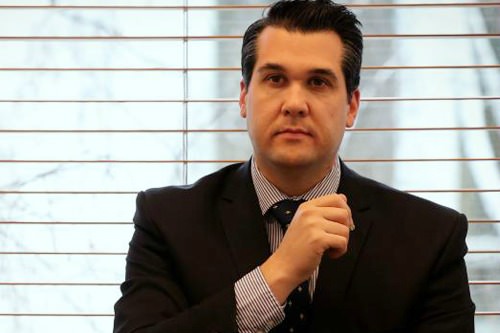
AUSTRALIA
- Kate Galloway
- 23 June 2017
9 Comments
Three Commonwealth ministers faced the Victorian Court of Appeal on 16 June to make submissions as to why they shouldn't be charged with contempt of court. This extraordinary occurrence arose because the ministers made public comments about a sentencing matter still under deliberation. Andrew Hamilton has in these pages looked at how the ministers' comments might offend the presumption of innocence. However, there is a further issue at stake - a question of good government.
READ MORE 
-
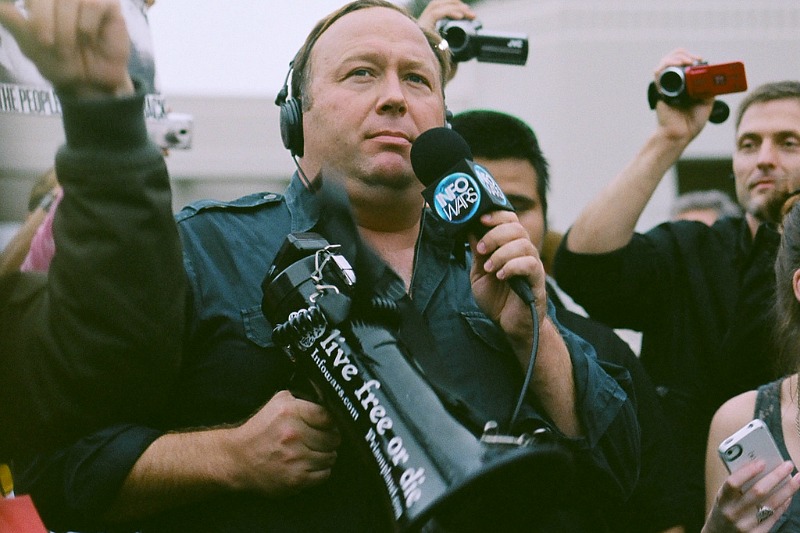
MEDIA
- Francine Crimmins
- 19 June 2017
4 Comments
The NBC has pushed ahead with its plans to air Megyn Kelly's interview with conspiracy theorist Alex Jones despite criticism from friends and family whose loved ones were killed in the Sandy Hook massacre, which Jones claims was 'staged by actors' and 'never happened'. This contentious interview has sparked a conversation about which forums should allow dissenting viewpoints and whether dangerous ideas should be given public airtime in a news context.
READ MORE 
-
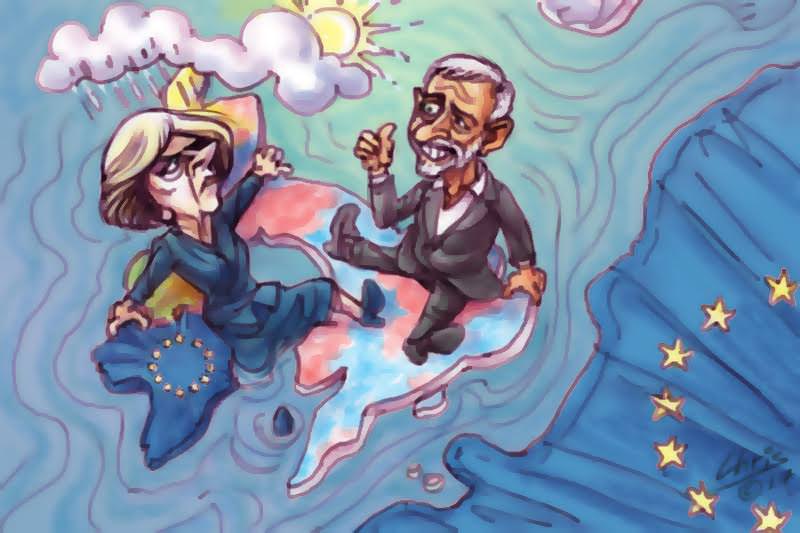
INTERNATIONAL
- Jeff Sparrow
- 09 June 2017
17 Comments
When Corbyn invoked the many against the few, he did so while advocating free education, the renationalisation of utilities and a break from the US alliance. By contrast, Blair coined the phrase in a speech where he urged listeners to put behind them 'the bitter political struggles of left and right that have torn our country apart for too many decades. Many of these conflicts have no relevance whatsoever to the modern world - public versus private, bosses versus workers, middle class versus working class.' We all know which version sits closer to Shorten's heart.
READ MORE 